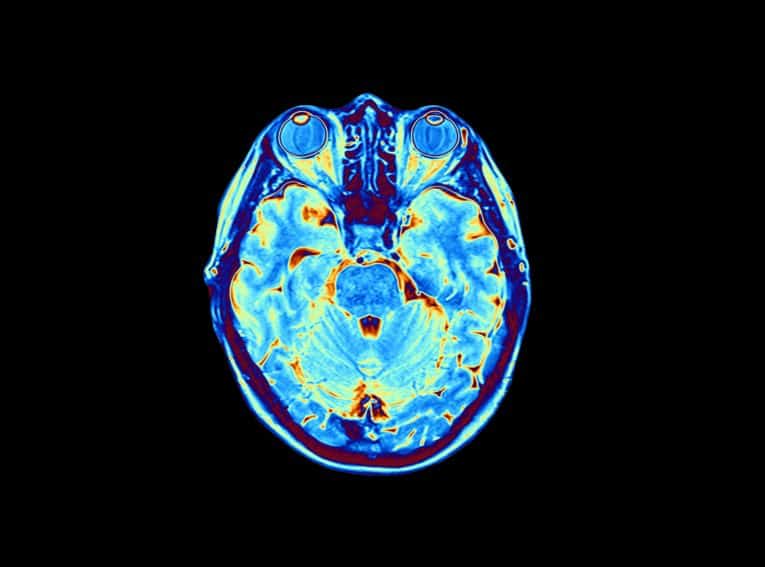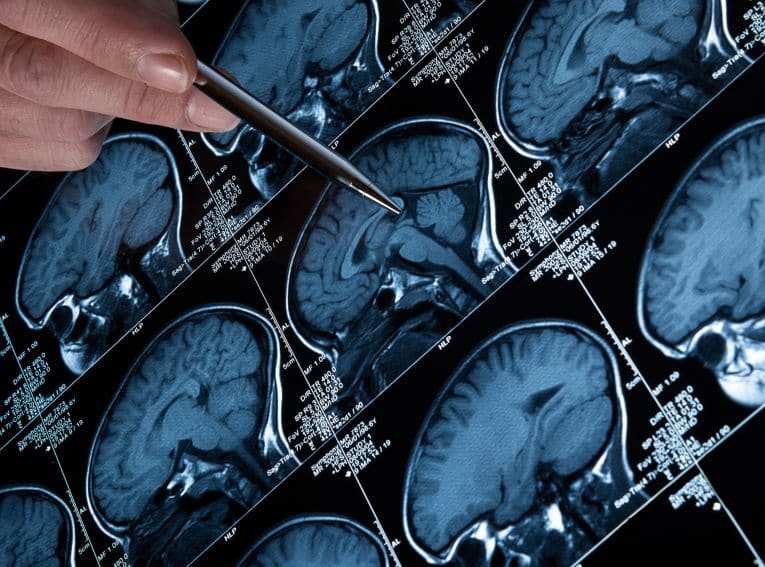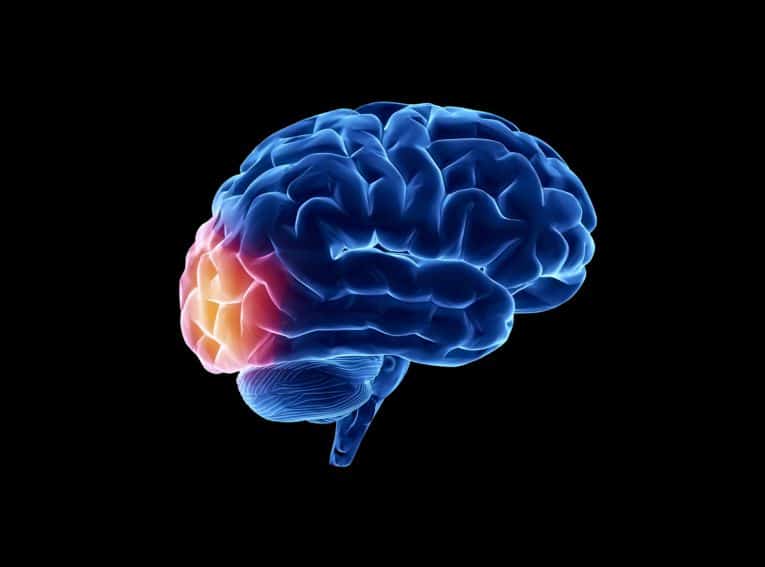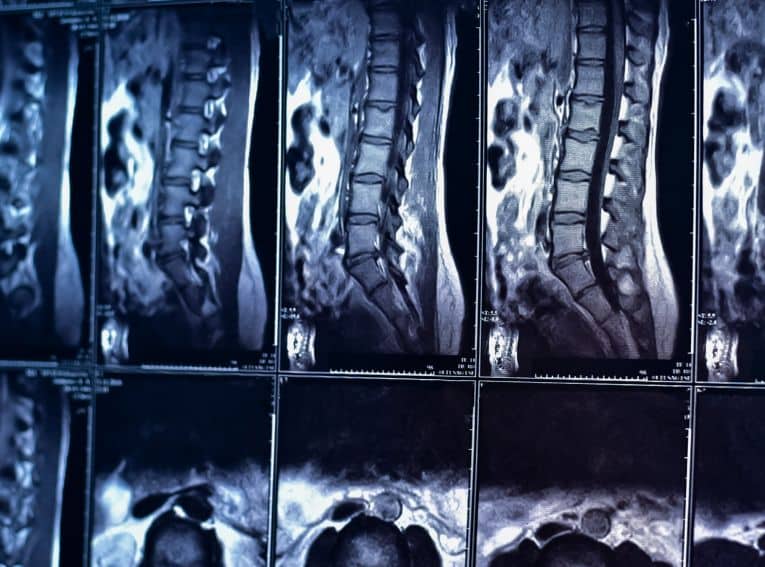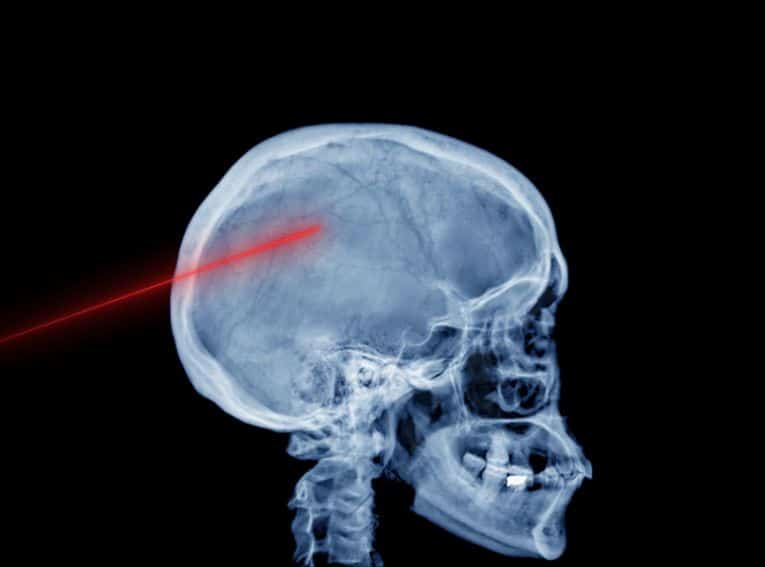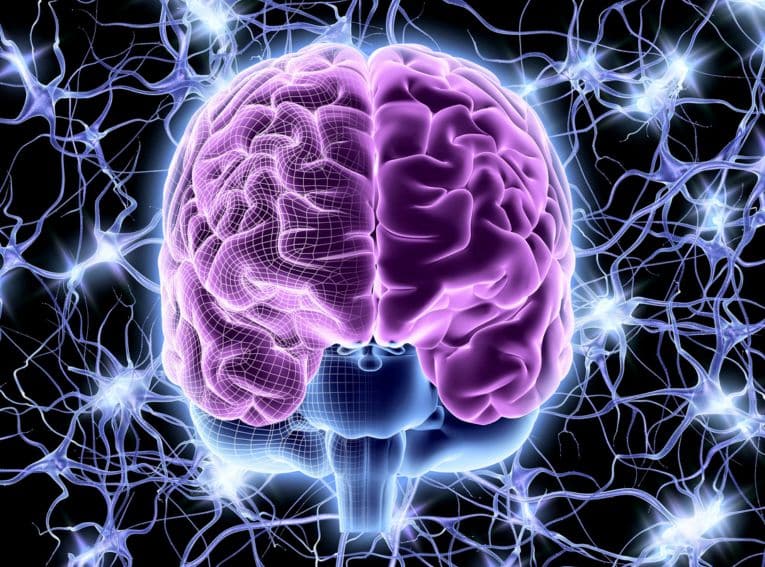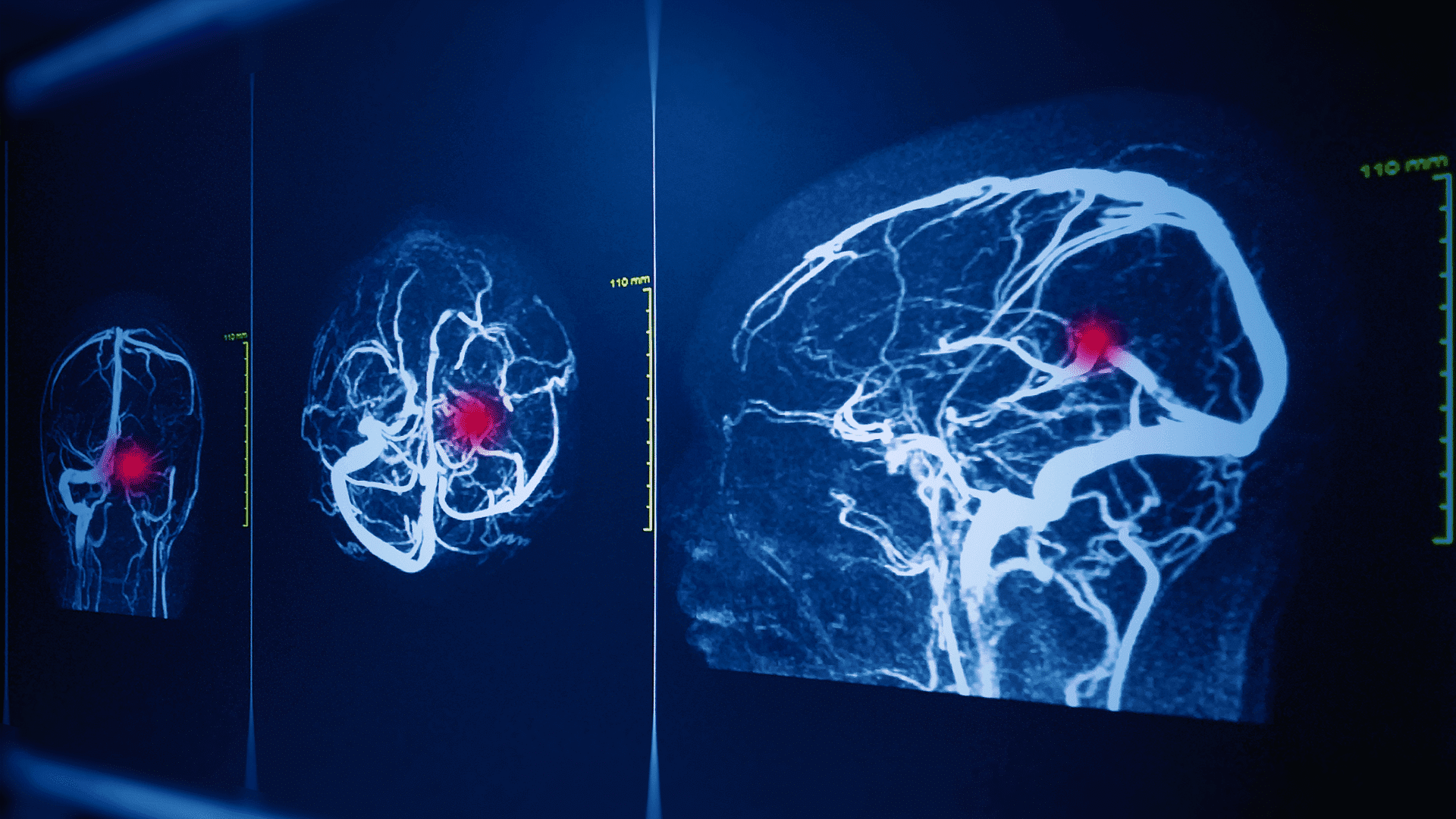
Intracranial Arterial Stenosis
Intracranial arterial stenosis is the a narrowing of an artery within the brain. This condition can significantly affect blood flow and lead to a stroke. Intracranial arterial stenosis is caused by a buildup of plaque in the wall of the blood vessels, which narrows the arteries and blood passageways, resulting in decreased blood flow to certain areas of the brain. Stroke may be a result of intracranial arterial stenosis because of plaque that may completely block an artery, or a piece of plaque that may break off and travel to clog an artery supplying blood flow to the brain or another vital organ. Intracranial arterial stenosis is more prevalent among African-Americans and people of Asian, or Hispanic heritage.
Risk Factors for Intracranial Arterial Stenosis
Intracranial arterial stenosis is caused by a build up of plaque inside the artery wall that reduces blood flow to the brain. Risks for developing this condition may include:
- Smoking
- High blood pressure
- High cholesterol
- Diabetes
- Obesity
- Heart disease
Additional risk factors may include a family history of intracranial arterial stenosis as well as advanced age.
Symptoms of Intracranial Arterial Stenosis
Initially, intracranial arterial stenosis may not cause any symptoms. However, the most serious symptom of intracranial arterial stenosis is a transient ischemic attack or stroke, with characteristics that may include:
- Facial weakness
- Tingling and weakness in the arms or legs
- Numbness on one side of the body
- Slurred speech
A stroke is a medical emergency that requires immediate medical care in order to reduce the risk of permanent brain injury and other serious complications.
Diagnosis of Intracranial Arterial Stenosis
To diagnose intracranial arterial stenosis, all symptoms and medical history are reviewed and a physical examination is performed. A series of imaging exams are also administered to determine the precise location of the affected artery. These tests may include:
- CT angiogram
- MR angiogram
- Transcranial doppler ultrasound
- PET scan
These tests help the doctor to measure blood flow to the brain and determine which areas of the brain are most at risk of stroke.
Treatment of Intracranial Arterial Stenosis
The main goal of treatment for intracranial arterial stenosis is to reduce the risk if stroke. Initially, treatment may include medication such as blood thinners, cholesterol-lowering medication and medication to control blood pressure. Lifestyle changes may include eating a healthy diet and avoiding smoking to reduce the risk of a stroke. In severe cases, surgery may be required to relieve blockages in the affected artery and allow for proper blood flow to the brain. Surgery is usually recommended to patients whose condition does not improve with medication. Common surgical procedures to treat intracranial arterial stenosis may include:
Balloon Angioplasty or Stenting
The balloon angioplasty procedure involves inserting a catheter into the affected artery, followed by a balloon that is gently inflated to widen the narrowed passage. The balloon is then removed and a mesh tube, known as a stent ,may be placed in the artery to hold it open and allow for blood flow.
Cerebral Artery Bypass
In cerebral artery bypass surgery, the surgeon creates an opening in the skull and redirects blood to a donor artery. This more invasive procedure is only performed on arteries that are completely blocked and cannot be corrected through angioplasty.
Intracranial arterial stenosis is a serious condition and to prevent the risk of stroke, patients are advised to stop smoking, limit heavy alcohol consumption, control blood-sugar for diabetes and take medications as prescribed.
Additional Resources
Welcome to the office of neurosurgeon Dr. Vikas Rao, where your health comes first. Below are some of the neurosurgical treatments that we offer in Mission Viejo, CA:
Contact us today
Your concerns are important to us, and we want to make sure all of your questions are answered so you understand your options. Please contact our office with any questions, and our team will be happy to assist you.
Give us a call
We're open to serve
Our doctor and staff are devoted to our patients. Please fill out the form below with any questions or to schedule an appointment and our team will get back to you within 24 to 48 hours.
